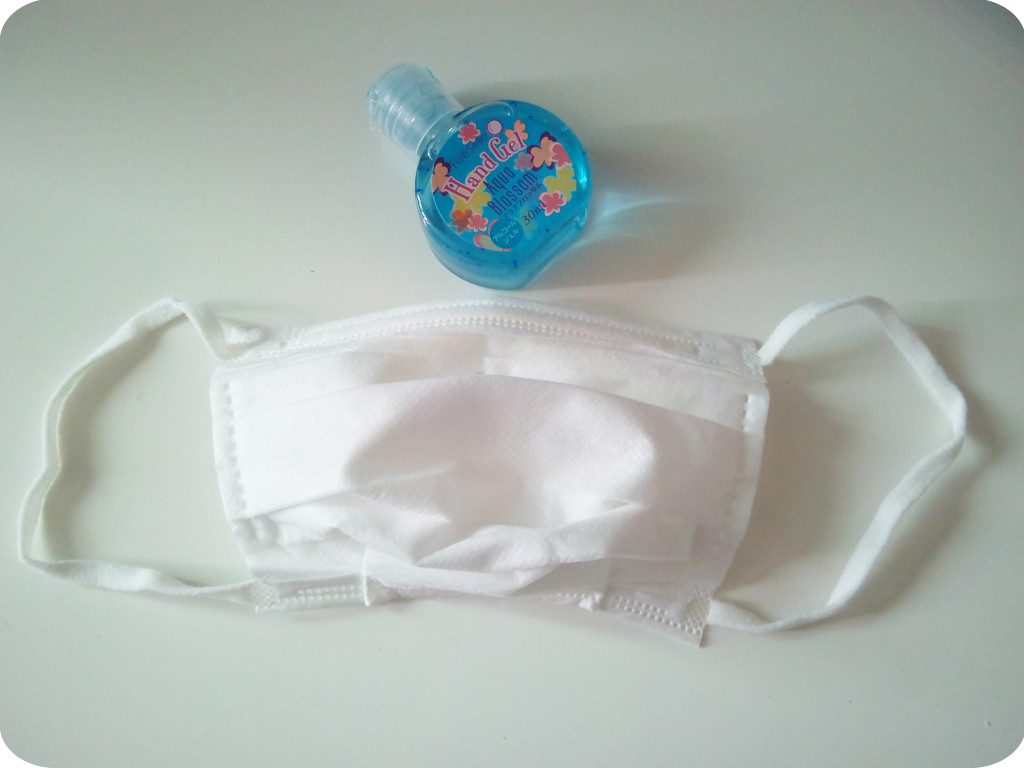As most of you know, there has been an outbreak of MERS, or Middle East Respiratory Syndrome, over the past month here in South Korea. In this post, I’m going to summarize basic information on the outbreak and what you should do in case you’re coming to Korea in the near future.
How did the outbreak in Korea come about?
In May, a 68-year old Korean man, who right before had been traveling through the Middle East for a few weeks, visited a hospital in Pyeongtaek because he was suffering from a fever as well as coughing fits. Since he couldn’t be diagnosed properly, he moved from hospital to hospital seeking for help. On May 20th, he was finally diagnosed with MERS at the Seoul Medical Center in Gangnam, Seoul. Unfortunately, during the time he went to all those different hospitals he spread the virus by coming into close contact with other hospital patients and staff members.
What does the situation look like at the moment?
South Korean authorities and the people living here are taking as many precautions as possible in order to stop the virus from spreading. Once you leave your house, you’re surrounded by people wearing face masks (which are sold out in quite a few shops) in order to protect themselves, there are huge bottles of hand sanitizers in most public places, big events are cancelled and some schools were even closed last week to prevent students from getting into close contact with possible MERS infected patients. Especially in bigger cities like Seoul, once overcrowded areas such as Myeongdong are now easy to walk through because most citizens stay at home during their free time.
MERS even affects South Korea’s economy. As reported by Economywatch, “private and tourist consumption has gone down” leading to the South Korean won’s biggest daily loss in three months.
As I’m writing this (14th June) there have been 14 MERS-related deaths in South Korea, but all of those cases were elderly with pre-existing diseases. According to CNN’s chief medical correspondent, Dr. Sanjay Gupta, “individuals with weakened immune systems are at higher risk of getting MERS or at least having a more severe case“. He also mentioned that MERS “is contagious, but it appears to be contagious merely from prolonged contact” with an infected patient.
Should I cancel my trip to South Korea?
If the situation stays the same and the virus does not mutate, you shouldn’t face any problems coming to Korea as long as you take proper precautions, i.e. washing your hands regularly, not touching your face with unwashed hands, avoiding contact with sick people as well as staying away from overcrowded areas. I recommend you keep a hand sanitizer in your bag in case there is no soap in a public lavatory, for example. If after all you do have symptoms such as fever, shortness of breath or coughing, please seek medical help immediately. People with pre-existing medical conditions, young children and elderly should postpone their trip though, since they’re more likely to be infected.
I hope this article was somewhat helpful. To everyone in Korea right now, please stay safe!
Till next time,
Julie

